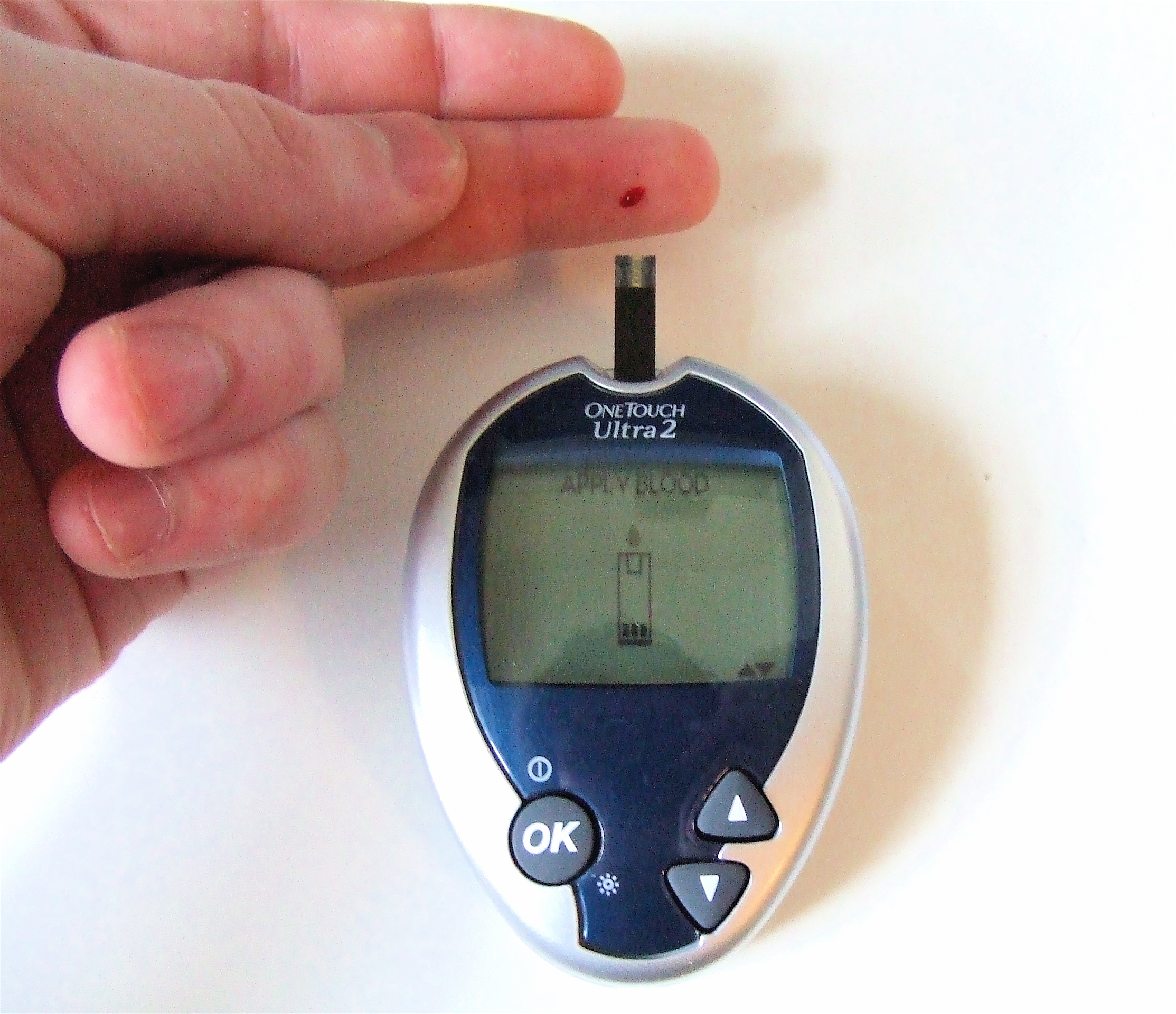Have you been diagnosed with pre-diabetes or diabetes? Or do you have a strong family history of diabetes and are concerned that you too will develop the disease? If you said yes to any of these questions, then I feel confident that I am qualified to help you.
I have been a certified diabetes educator for the past 18 years. As I have strong family history of diabetes, how to manage this disease is of personal as well as professional interest to me. I understand how all of the various medications work, including insulin, and can help you to understand them as well. Management of blood sugars always starts with the correct meal plan, focusing on the quantity of total carbohydrate (glycemic load), the quality of the carbohydrate (glycemic index), as well as learning to combine carbohydrate with the right amounts of lean protein and healthy fats. When a healthy meal plan and exercise are not enough to achieve healthy blood sugar levels, understanding how your diabetes medication works and what might be better options for you to minimize unwanted side effects such as weight gain, is important as well.
As with most things, you have choices of where to receive your nutrition education to help you manage your blood sugar levels. You can see a dietitian who is not also a certified diabetes educator (CDE), or you can receive your information at one of the many local hospital outpatient diabetes self management programs. These programs are taught by nurses and dietitians who are all (CDEs), which is a plus. However, all of the education you will receive is in a group setting, and rarely individualized, which is a minus.
A large portion of my career has been spent teaching group diabetes education classes at various hospital outpatient programs in the Metroplex. While I do feel that group education can be a successful way to learn, group classes do not allow a way to individualize the information, nor does it allow the educator(s) to truly get to know their patients and what their various struggles are to get better control of their blood sugar levels.
Cost is also often another consideration of where you will choose to receive your diabetes nutrition education. Often insurance companies make you meet your deductible before contributing 80 to 100% of the outpatient program cost. Many private practice dietitians do not accept insurance. I do accept several insurance plans and after more than 3 years in private practice, I know which codes to bill to either have you receive your nutrition education for free, or your out of pocket limited to an affordable copay at each visit. The insurance plans I accept for diabetes nutrition education are BCBS, Cigna, Aetna Medicare and Humana Medicare.
The patients I feel most qualified to assist in improving their diets are those with glucose control issues such as pre-diabetes, type 1 diabetes, or type 2 diabetes. Women with polycystic ovarian syndrome (PCOS) benefit from a carbohydrate controlled diet as well. As I have a strong family history of diabetes, heart disease, and obesity, these have been the areas which my career has centered around regarding my practice as well as continuing education
Copyright©2016 Healthy Nutrition Solutions / www.healthynutritiontx.com

